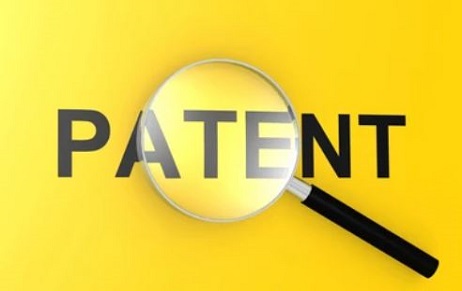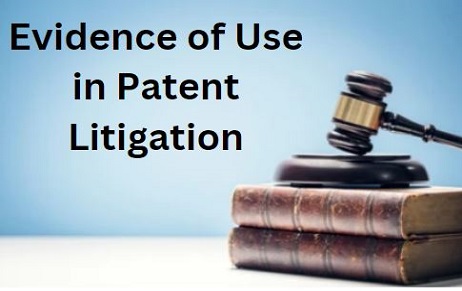INTRODUCTION In India the stages of the patent examination include the steps that must be…
Emerging IP Landscape for Generic Pharma Companies: A Case Study
IP Issues that concern generic pharma companies generally center on ANDA filing, Patent Litigation, Patent Outlicensing and Brand Acquisitions. It has been very rare for an Indian generic player to be involved into all the four aspects in a single case involving a common drug molecule. One such case with India headquartered Sun Pharma as the ANDA Filer and Key Litigator has been taken as the subject matter for the current study.
Sun Pharmaceuticals Ltd, a leading India-based global pharmaceutical company with interests in the cardiology, psychiatry, neurology, gastroenterology, diabetology and respiratory disease segments has been very active in building and enforcing an exhaustive patent portfolio. Sun has also been one of the early Indian players to take on with the Big Pharma on issues of ANDA Para IV and gaining exclusive marketing rights into US geographies.
Facts of the Case
As a part of its global business strategy Sun acquired US-based Caraco Pharmaceutical Laboratories in 1996. In March 2006, Caraco filed an Abbreviated New Drug Application (ANDA No. 78-219) with FDA seeking a generic approval for escitalopram oxalate in March 2006. Escitalopram is an antidepressant of the selective serotonin reuptake inhibitor (SSRI) class. It is indicated for adults with major depressive disorder, generalized anxiety disorder, social anxiety disorder, or panic disorder and was developed by Danish pharmaceutical firm Lundbeck. Forest Laboratories, which also co-developed the molecule with Lundbeck, was assigned the exclusive license to manufacture and market the escitalopram oxalate based commercial brand, Lexapro.
Litigation
In reply to Caraco’s ANDA application, Lundbeck and Forest Labs jointly initiated a legal action against Caraco and on July 10, 2006 filed a patent infringement lawsuit at United States District Court Eastern District of Michigan alleging that Caraco’s ANDA products would infringe their patents covering escitalopram. The Orange Book lists three patents – US 6916941, US 7420069, and RE34712 – for escitalopram and Lundbeck’s and Forest’s assertion was that Caraco has to prove that its product would not infringe any of its 3 patents.
On February 20, 2007, Caraco filed a declaratory judgment action against Forest and Lundbeck seeking a declaration that Caraco’s ANDA Products will not infringe the ‘069 and the ‘941 patent.
Out-of-Court Settlement
Before the court could decide on the matter, the three companies reached a mutually agreed settlement in July 2009. The major provisions under this settlement were:
- Sun Pharma would give a global license to Lundbeck for the former’s patent applications related to escitalopram in return to a one-time upfront payment and if the Sun’s technology is used in any marketed product by Lundbeck, a royalty on sales would also be paid to Sun.
- Forest would provide licenses to Caraco for any patents related to Lexapro and with respect to the marketing of Caraco’s generic version of the product as of the date that any third party generic that has received final approval from the FDA enters the market other than an authorized generic or the first filer with Hatch-Waxman related exclusivity.
- Caraco would take over the commercialization and sales of several products from Forest’s Inwood business. Caraco would pay Forest an undisclosed advance against royalties and royalties on net sales of these products.
- Forest would reimburse Caraco for a portion of their costs related to this litigation.
Analysis
The terms and conditions for the settlement clearly indicate that the innovator companies could foresee the impact that the litigation could have on their revenues and goodwill. It also signifies the growing clout of mid level generic players who are now getting into a position to dictate their terms and conditions and getting an upper hand during such settlements. In the current case, Sun Pharma, through its US Subsidiary, Caraco Pharma Lab, was not only able to avoid a huge litigation cost but, through licensing and commercializing clauses, made the most out of the situation.
Conclusively, IP Litigation can not be taken to separate from other Business related Strategy. As is established from the current case, a sound strategy during following up an ANDA litigation can bring benefits for the Company that might not be exactly from the IP realm but goes much beyond it to cover Product and Brand Acquisition.
Latest Developments
- In October 2009, Caraco closed an asset purchase agreement with Forest Laboratories to acquire several products from Forest’s Inwood line of business.
- Sun Pharma received a one-time receipt of US $20mn from Forest Lab as a part of the Lexapro settlement.
About the Author: Mr. Abhishek Sahay, a Senior Patent Consultant in Institute of Intellectual Property Research & Development (IIPRD) and can be reached: [email protected].



